
From new research on treatment-resistant major depression to strategies for supporting trauma-affected refugee youth, here are highlights from the week in Psychiatric Times.

From new research on treatment-resistant major depression to strategies for supporting trauma-affected refugee youth, here are highlights from the week in Psychiatric Times.

What is new in research on depression?

“Over 32 weeks of follow-up, the percentage of patients with remission, the percentage of patients with a treatment response, and the change in the MADRS score from baseline favored esketamine nasal spray.”

The investigators also concluded that depression screening alone may not be sufficient to effectively identify suicide risk.
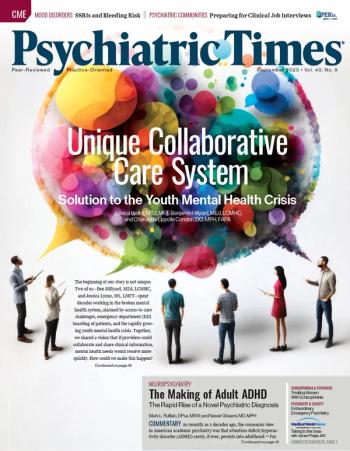
The experts weighed in on a wide variety of psychiatric issues for the September 2023 issue of Psychiatric Times.

From connections between cannabis use and schizophrenia to some non-psychiatric medications that may worsen symptoms of major depression, here are highlights from the week in Psychiatric Times.

Here are some updates from the world of psychiatry throughout the month of September.

What is new in research on sleep?

The treatment, if approved, “will represent the first novel pharmacological approach to treating schizophrenia in several decades and provide a new treatment option for patients and their physicians.”

The ongoing clinical trial is also studying the drug’s efficacy in the treatment of MDD.

From violence risk assessment in emergency departments to connections between bipolar disorder and substance use disorders, here are highlights from the week in Psychiatric Times.

What is new in research on psychedelics?

The investigators noted fast, clinically meaningful, and sustained improvements in symptoms of depression and related functional impairment.

The drug’s developer announced that the FDA has made 2 clarifying revisions.

An expert discusses the connections between the 2 highly comorbid diseases and some ways to effectively treat both diseases simultaneously.

From the efficacy of adjunctive TMS for treatment-resistant major depression to a look at adult ADHD, here are highlights from the week in Psychiatric Times.

What is new in research on psychiatric care for Latinx patient populations?

“Our findings might inform PTSD pathology, treatment plans, and future disaster-response strategies.”

Investigators noted sustained improvement in depressive symptoms for up to 6.5 years.

“Among employed adults with TRD, esketamine nasal spray treatment was associated with significantly larger improvements in WPL and related costs compared to quetiapine extended-release treatment.”

From cannabis use disorder and schizophrenia to social media use and youth mental health, here are highlights from the week in Psychiatric Times.

What is new in research on attention-deficit/hyperactivity disorder?
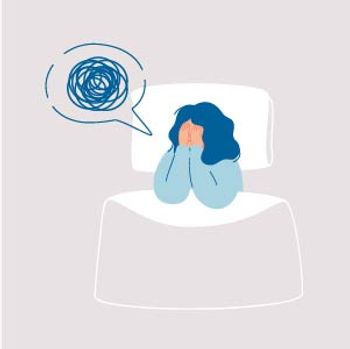
The study explored the intervention’s effects using both quantitative and qualitative methods.
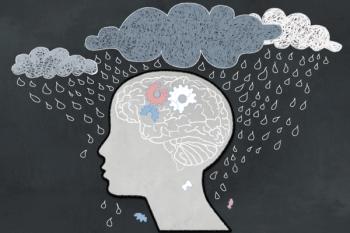
The drug’s developers respond to the FDA’s decision to deny approval and consider future directions for this indication.

From new research on psilocybin as a treatment for MDD to new FDA approvals for ADHD and BED, here are highlights from the week in Psychiatric Times.

What is new in research on transcranial magnetic stimulation?
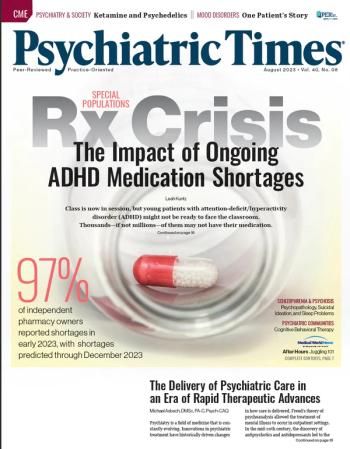
The experts weighed in on a wide variety of psychiatric issues for the August 2023 issue of Psychiatric Times.

The treatment was well-tolerated, and no serious treatment-emergent adverse effects were identified.

The funds will be distributed over the course of 5 years to support preclinical through phase 2 studies.
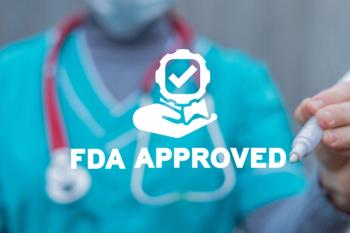
Generics are now approved for adults in the treatment of BED and for individuals aged 6 years and older in the treatment of ADHD.